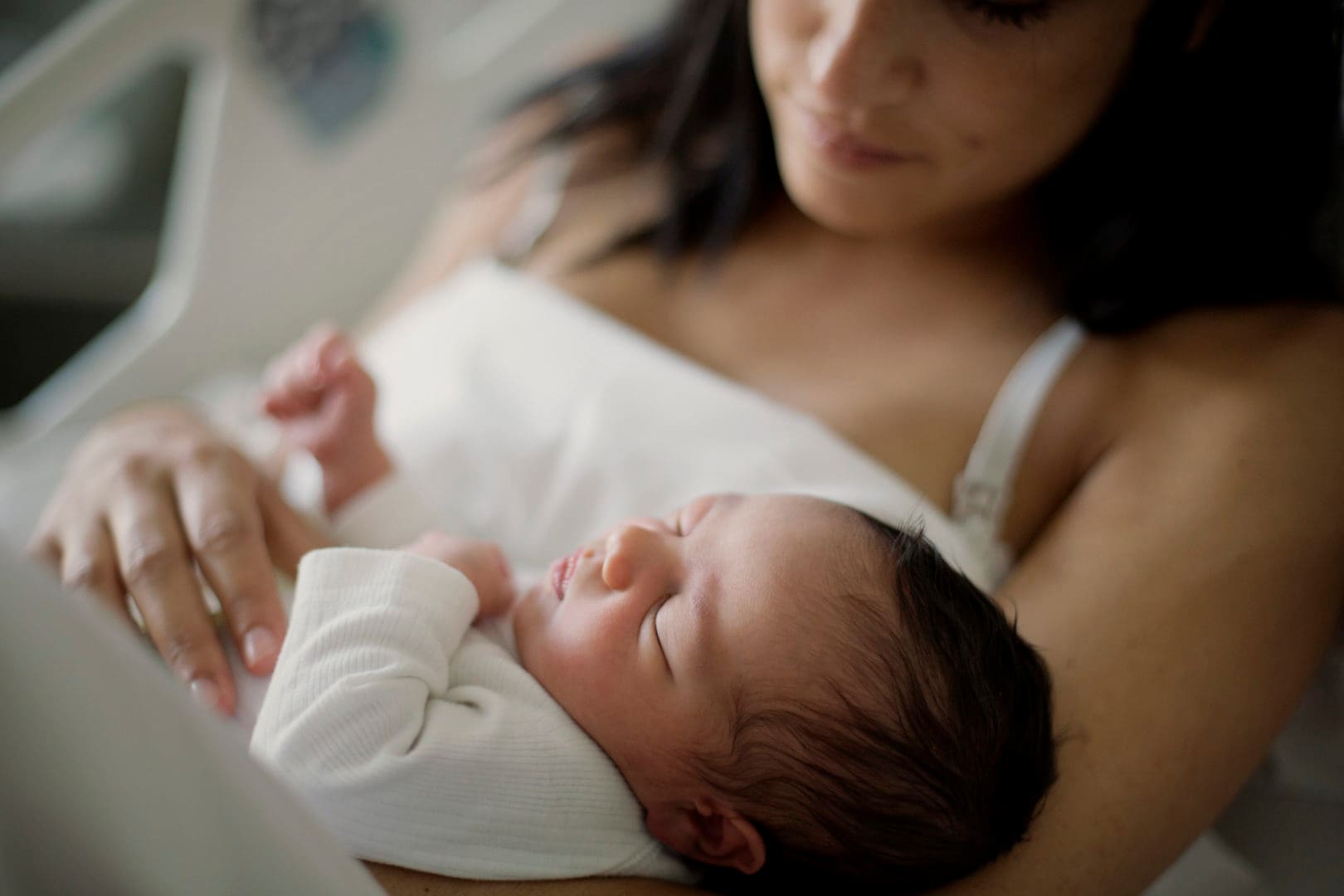In childbirth, a woman’s care providers are supposed to be her most trusted advisors and a major source of support. Unfortunately, not every expectant mother receives that level of care. A recent survey published in the journal Reproductive Health shows that one in six women who’ve been pregnant and/or given birth in the US believe they were mistreated by their medical care providers, and their experiences are truly heartbreaking.
Over 2,000 women from diverse backgrounds participated in the survey by the University of British Columbia, and one in six — or about 17% — of the women reported a variety of abuses, from being shouted at and threatened by their providers to being ignored or outright refused when requesting help. Here’s the full breakdown of what the women say they experienced:
-
Being shouted at or scolded by a healthcare provider: 8.5%
-
Having requests ignored by healthcare providers or refused help: 7.8%
-
Violation of physical privacy: 5.5%
-
Healthcare providers threatening to withhold treatment/forcing patients to accept treatment they did not want: 4.5%
Disturbingly, women of color and low-income women were more likely to have been mistreated than white women. Women were also more likely to have been mistreated if they gave birth in a hospital or had an unplanned C-section or other complications.
-
Over 27% of women of color who participated in the survey reported mistreatment, versus 18% of white women.
-
And 28% of women who gave birth in a hospital reported mistreatment, versus only 5% of women who gave birth at home.
Study authors published some of the shocking anecdotes they were told by study participants on The Birth Place Lab website, along with their findings. One unnamed Indigenous woman who gave birth to twins in Texas told the researchers, “I was told I was hurting my children and being selfish because I wanted to have a vaginal delivery. Both children were in head down birth position. I was forced into a cesarean by my OB.”
A Hispanic mom who gave birth at a birth center in North Carolina recalled, “I hated being shouted at and lied to by my midwife. I never dreamed that a woman would treat a laboring woman that way. She was abusive and downright mean. I was refused food and water for 26 hours. I wasn’t allowed to move out of bed or walk around. I felt like I lost my autonomy over my own body. I had given up and I remember weeping when my son was born … These professionals broke my spirit.”
The survey results underscore other recent research that shows the quality of maternal healthcare in the US is sorely lacking, especially when compared to that of other developed countries. The American College of Obstetricians and Gynecologists reports that the US is the only developed country in which the maternal mortality rate is increasing. From 2000-2014, the maternal mortality rate increased by 26%. Even more troubling is the fact that, again, women of color are more likely to be the victims. Black women are three to four times more likely to die from pregnancy-related complications than non-Hispanic white women.
The mistreatment and danger women are encountering likely have a number of complex causes, but Monica McLemore, assistant professor at the University of California, San Francisco and co-author of the study, said she hopes the shocking findings will be a wake-up call that spurs the medical community to take action.
“The study findings are both disturbing and exciting,” she explains. “They are disturbing because the findings provide one of the first community-informed, engaged and designed analyses of their experiences of maternity care across the United States — which should be sobering for anyone currently providing healthcare services. However, the findings are exciting because they also clearly define key areas that should be targeted for improvement that come specifically from the communities who experience the greatest burden of poor maternity outcomes.”







